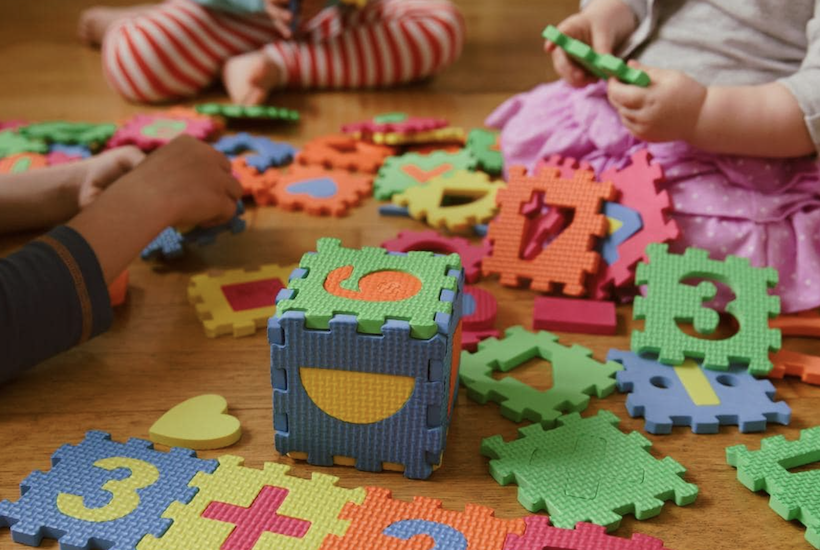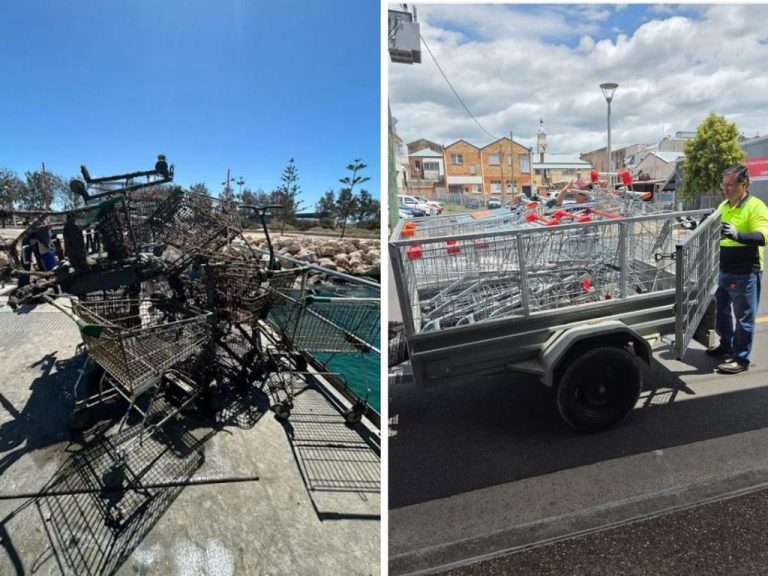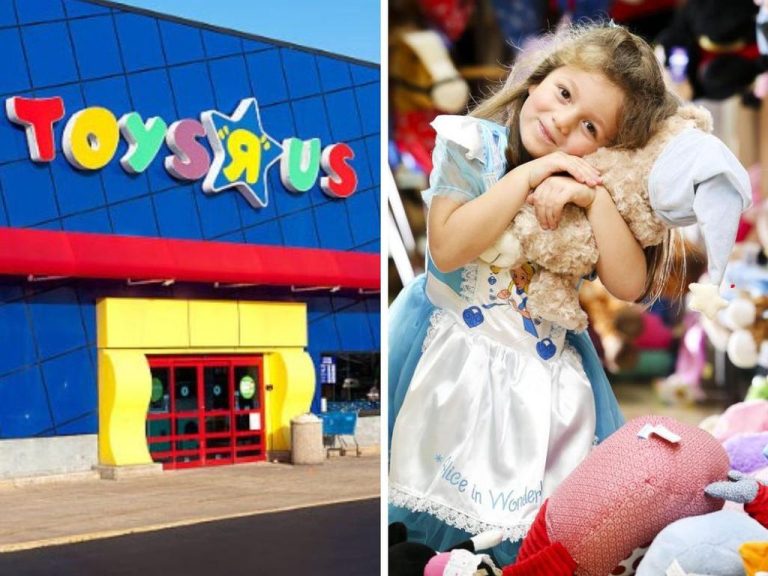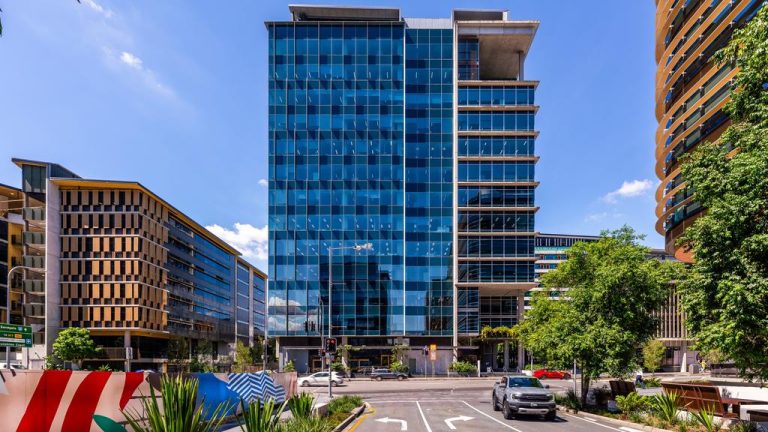Childcare property owner Charter Hall turns in $58.7m profit

Childcare property owner Charter Hall Social Infrastructure REIT has turned in a $58.7m profit and says it’s on track after the coronavirus crisis.
The company lifted operating earnings to $29.1m, equating to 8c per unit. It will pay a distribution of 7.5c per unit and is bullish about a recovery.
Charter Hall said there had not been any structural change to the market as a result of COVID-19, with childcare an essential labour supply mechanism, and it had a strong recovery in childcare attendances after the pandemic.
Government funding, which was critical in supporting the operators during the pandemic is also growing, underlining the sector’s role in driving the economy.
The trust has $130m in firepower to buy more centres to add to its $1.4bn portfolio and is being chased by investors as its centres collected 99.6 per cent of rent due and its portfolio is leased for 14 years.
The Charter Hall-managed fund lifted its fiscal 2021 forecast distribution guidance from 15c per unit to 15.7c per unit and said its acquisitions and developments would add to earnings and distribution growth in future years.
Trust units added 2.5c to $2.96 in early afternoon trade on the news.
The company extended 58 lease expiries with childcare operator Goodstart by an average of 12 years and has also started buying major buildings occupied by social services.
It bought the Mater Health corporate headquarters and training facilities for $122.5m and picked up the SA Emergency Services Command Centre for $80m.
It trimmed its portfolio by selling out of New Zealand and a stake in an unlisted Charter Hall fund.
Fund manager Travis Butcher said the focus had been on enhancing income sustainability and resilience by improving the quality of tenants and leases.
The trust has a childcare development pipeline of 19 properties with an end value of $123m. Five developments worth $31.6m were completed in the half.
Childcare property is booming and transaction yields continue to compress, which is driving up prices. There were $132m worth of deals struck since last June at a weighted average yield of 5.8 per cent, reflecting limited supply and ongoing strong demand for long-leased assets in essential industries.
At the end of 2020, there were 8,188 long day care centres across Australia, a net increase of 294 over the year, as growth moderated from 2019.







